Summary
- Game Boy was a groundbreaking console with quality hardware and software that launched iconic games like Tetris.
- Game Boy had notable titles like Dr. Mario, offering simpler gameplay compared to others like Tetris.
- Game Boy’s library expanded with games like Donkey Kong, Kirby, and Pokemon Yellow as it paved the way for future handheld gaming.
Along with the Atari 2600 and the NES, the Game Boy is among the most influential consoles of all time. Even though there had been handheld consoles starting with Milton Bradley’s Microvision in the late 70s, none of them had the same quality in both hardware and software to take off and become a mainstream product like the Game Boy had.
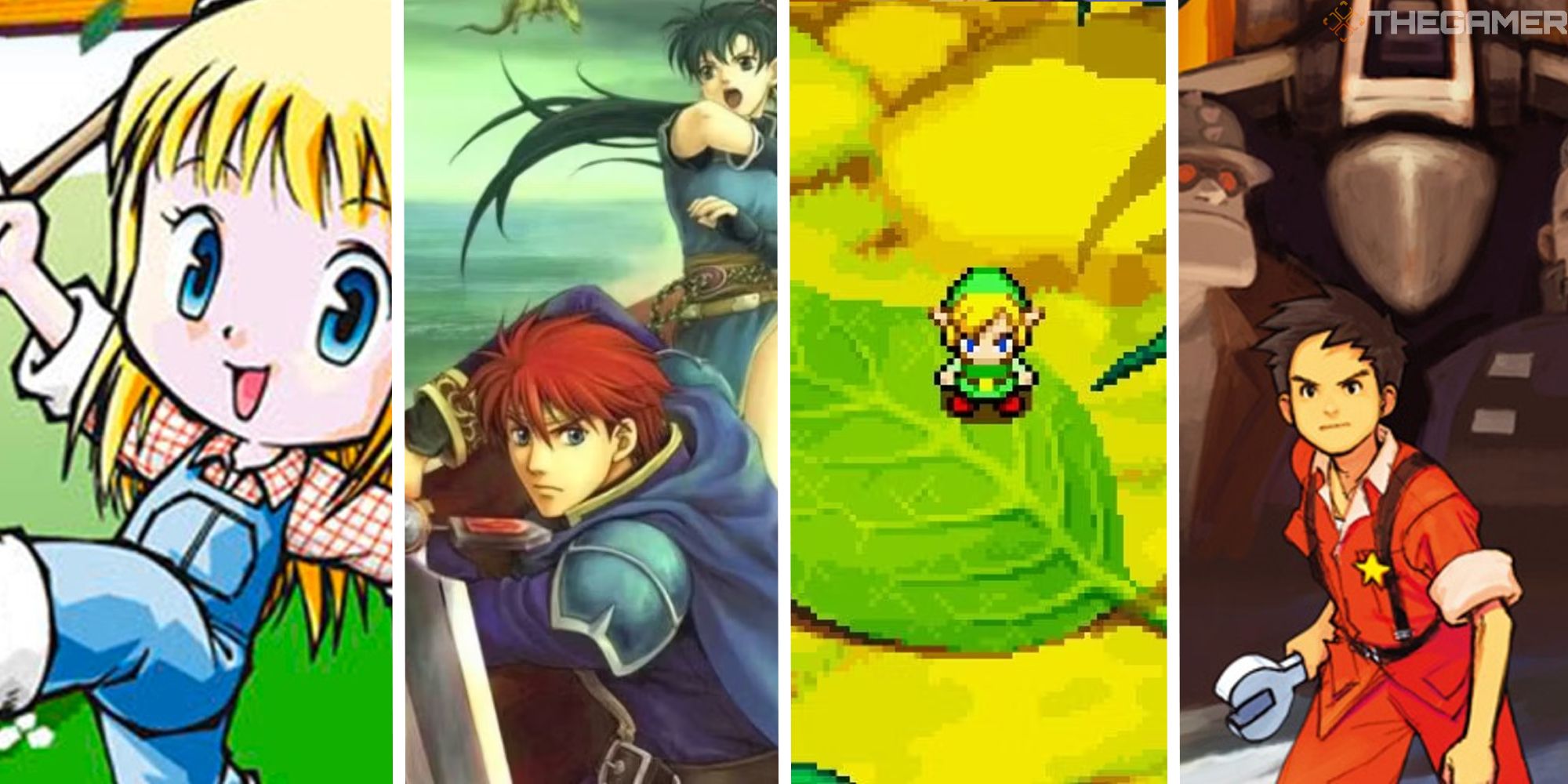
Related
The 10 Best Game Boy Advance Games Of All-Time
Nintendo has always dominated the handheld scene and the Game Boy Advance was no exception, but which games are a must-play?
The Game Boy lasted for nearly 10 years before it was succeeded by the Game Boy Color, which was very close in design to the original Game Boy. While many of the games for the Game Boy were notable for being playable on the go, it still launched tremendous games that were comparable in quality to home console games of its time.
11
1989 – Tetris
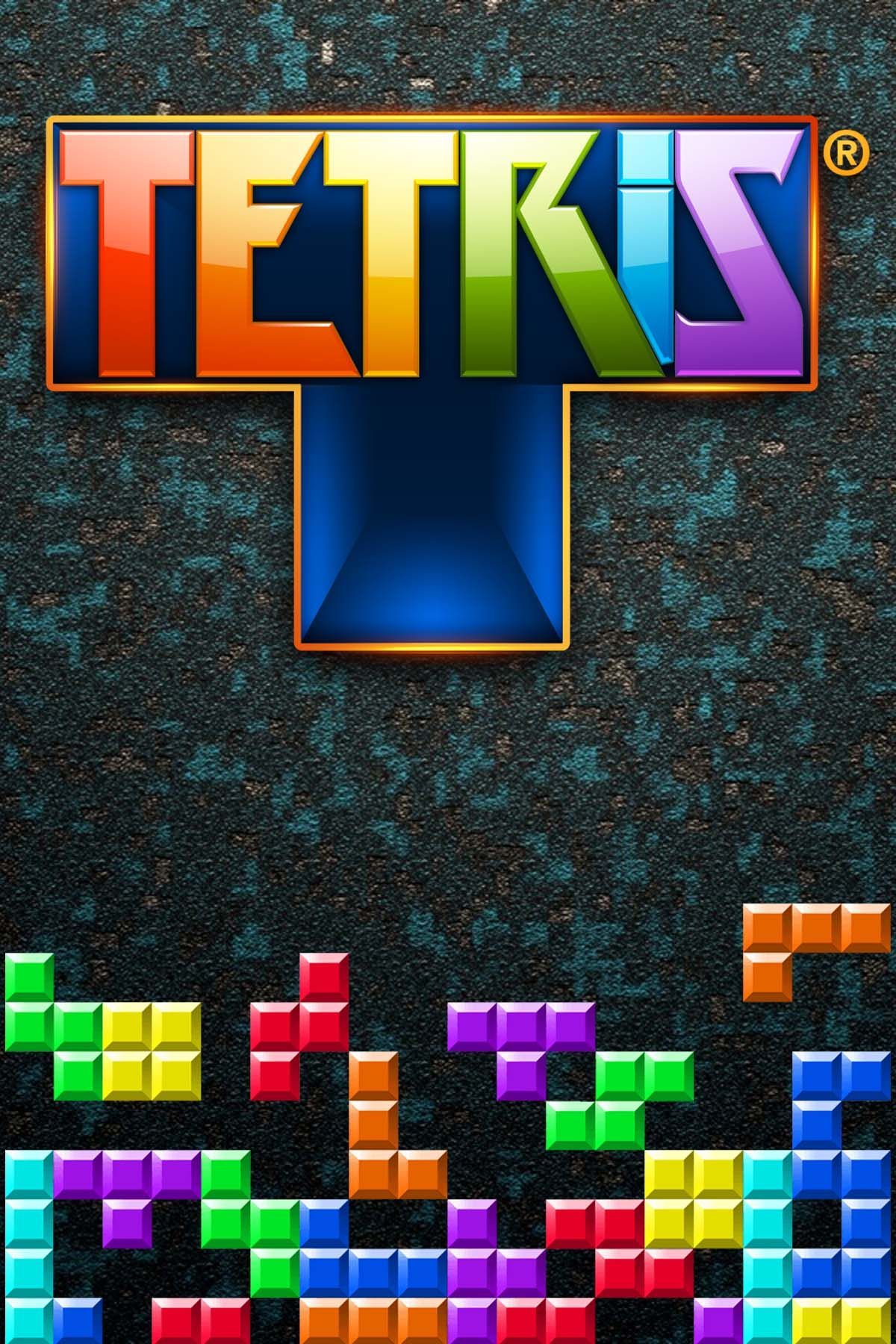
Tetris (1984)
- Developer(s)
-
Alexey Pajitnov
- Publisher
-
Alexey Pajitnov, Nintendo, Mirrorsoft, Spectrum HoloByte, PLAYSTUDIOS, EA Mobile, Tandy Corporation
Like many Nintendo consoles, the Game Boy was launched alongside a Mario title in Super Mario Land. However, while Super Mario Land had a lot of novelty as a handheld platformer, it was still a heavily stripped-down version of Super Mario Bros. Tetris felt right at home with the Game Boy; you got the full experience of the puzzler without having to settle for a lesser version of an NES game.
Few games had the depth of Tetris in the ’80s. Tetris’ simple game design tests your memory, pattern recognition, reflexes, and strategic thinking all in one quick game loop. Tetris is the type of game that makes you feel brilliant after you’ve combo’d a few bricks or cleared a stage.
10
1990 – Dr. Mario
The Game Boy had a steady stream of games after a successful first year. Most of the games launched during this time were relatively unimpressive by today’s standards, and developers were likely still trying to figure out how to get the most out of the small machine. The best of these titles is a puzzler similar to Tetris but with a Nintendo twist: Dr. Mario.
Similar to Tetris, Dr. Mario revolves around dropping color-coded blocks in a way that matches their colors, so you can clear space. Dr. Mario is more simple in its design. The blocks you rotate are pills that have only two colors on each side to match. Dr. Mario is less punishing than Tetris, and the difficulty doesn’t spike to the same degree.
If you’ve mastered Tetris, going back to Dr. Mario may not seem novel, but it’s an accessible experience for beginners to falling bock puzzlers.
9
1991 – Final Fantasy Adventure
Close to 100 Game Boy games were produced this year. Konami launched a Castlevania game, Belmont’s Revenge, and Nintendo launched Metroid 2. Square entered the fray with Final Fantasy Adventure, a spin-off that is actually the beginning of the Secret of Mana series.
Drawing inspiration from The Legend of Zelda, Final Fantasy Adventure is a top-down action-adventure game with a stronger emphasis on RPG elements. Final Fantasy Adventure is more action-packed compared to The Legend of Zelda which is more focused on exploration and puzzle solving.
8
1992 – Super Mario Land 2: 6 Golden Coins
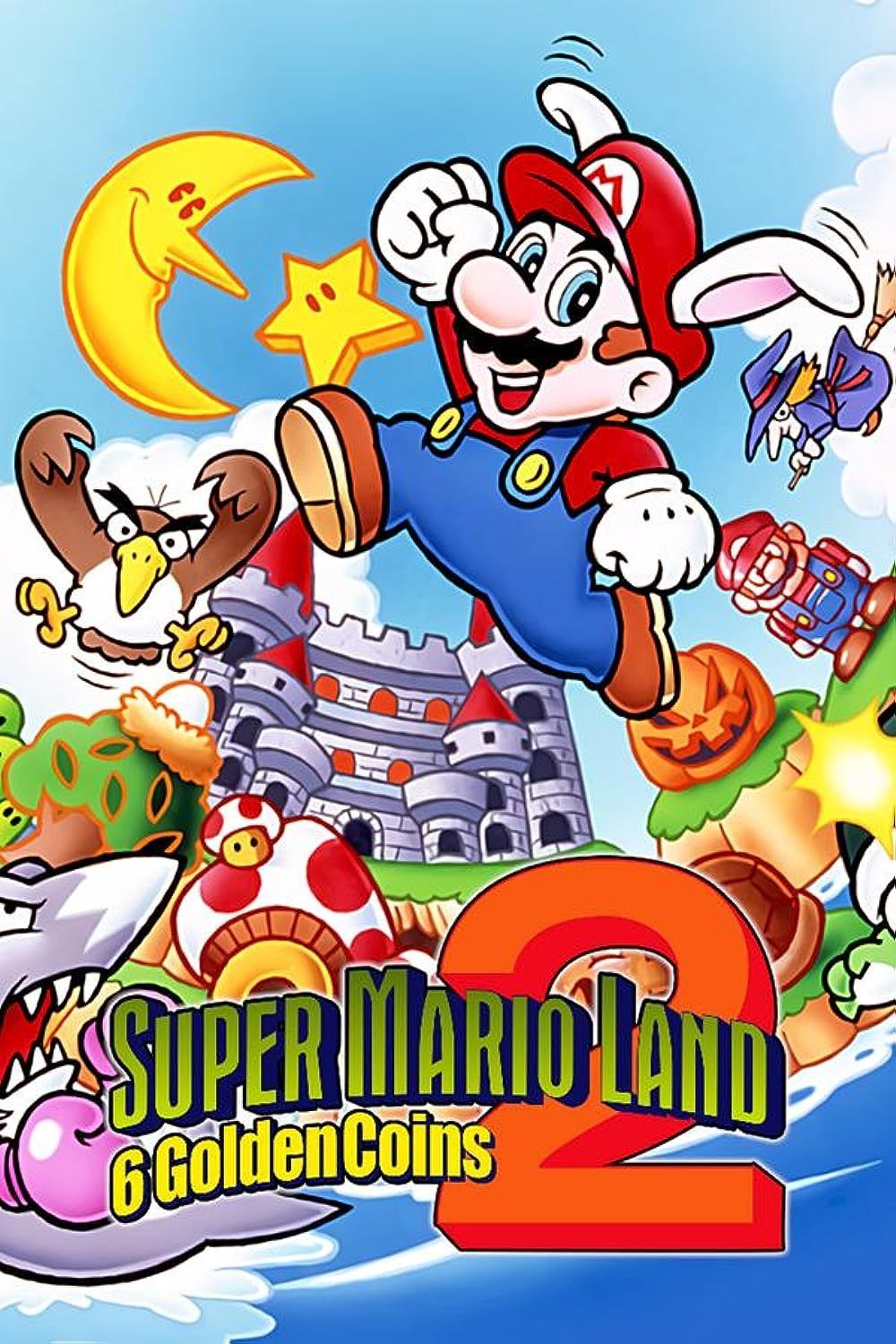
Super Mario Land 2: 6 Golden Coins
- Developer(s)
-
Nintendo R&D1
- How Long To Beat
-
2 Hours
Sega had launched the Game Gear the previous year and was now starting to have a more consistent stream of games by 1992. The console wars between Sega and Nintendo had now leaked into the handheld market. Nintendo’s Game Boy was establishing itself as a platform powerhouse with Mega Man 3, Kirby’s Dream Land, and Super Mario Land 2: 6 Golden Coins.
The first Super Mario Land played it safe, but Super Mario Land 2: 6 Golden Coins may be the most ambitious 2D Mario game aside from the original Super Mario Bros. Super Mario Land 2: 6 Golden Coins is non-linear, allowing you to beat zones out of order.
It is filled with a ton of secrets and zones comparable to Super Mario World, and it features a variety of unique power-ups and eccentric stages, including platforming inside a mechanized version of Mario.
7
1993 – The Legend Of Zelda: Link’s Awakening
The launch of The Legend of Zelda: Link’s Awakening was pivotal in demonstrating that a handheld title can deliver an action-adventure experience comparable to a home console. The Legend of Zelda: Link’s Awakening feels like its own experience, giving Link unique abilities like jumping, which changes the way you navigate the world compared to other Zeldas.
Despite being a handheld game, The Legend of Zelda: Link’s Awakening feels like a game made on equal footing with The Legend of Zelda: A Link to the Past. The setting of a foreign island is quirky, featuring many Nintendo appearances, but it also feels more like a community, as many of the characters and NPCs are well-developed, giving a stronger sense of story than any Zelda game that came before it.
6
1994 – Donkey Kong
A handheld mainstay, Wario was introduced in 1994 via Wario Land: Super Mario Land 3. The Mega Man launched its most ambitious Game Boy game with Mega Man V, featuring brand new Robot Masters instead of adapting NES bosses. Donkey Kong was the most impressive effort on the Game Boy, with over 100 levels added in this reimagining of the original arcade classic.
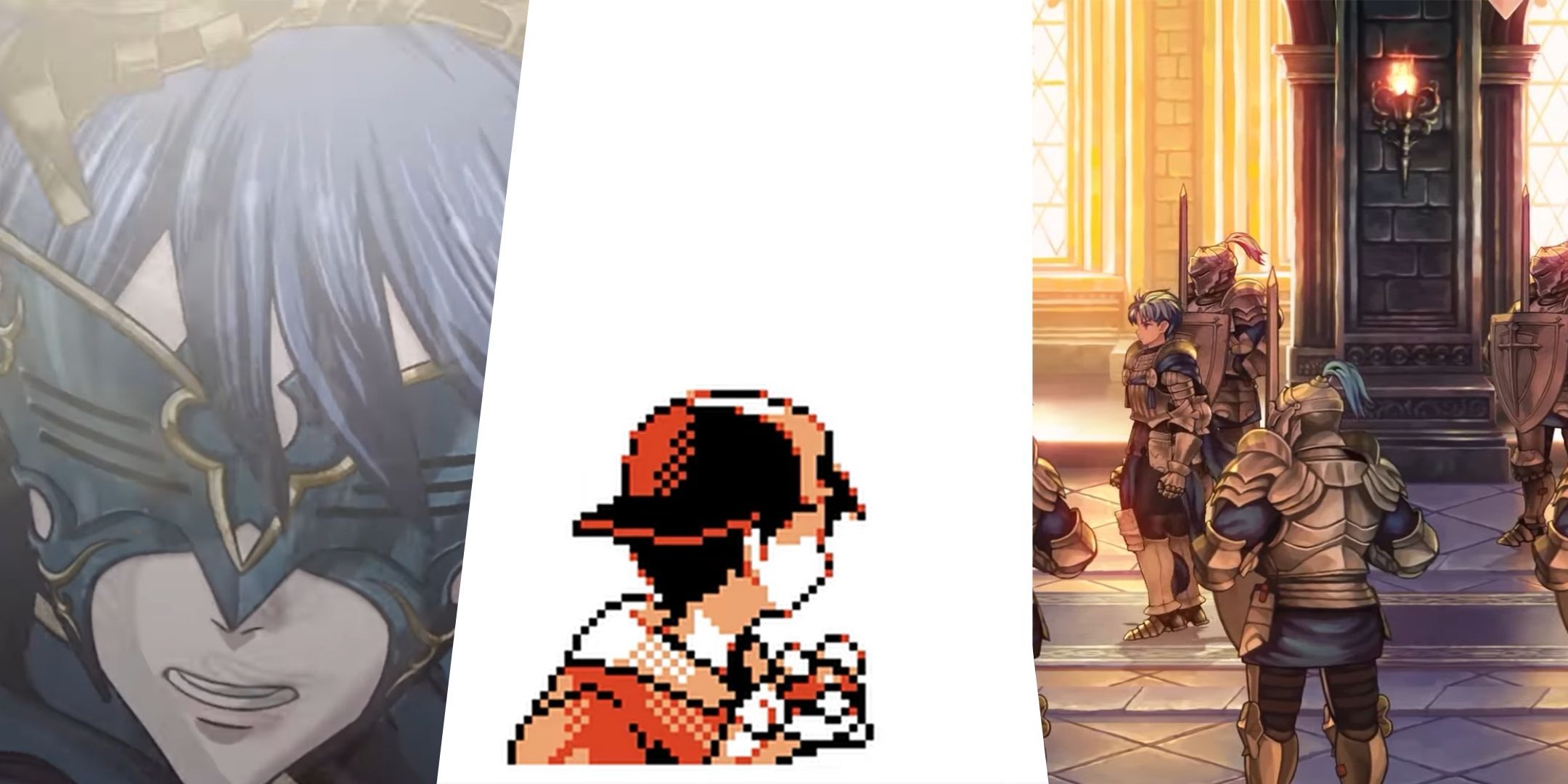
Related
The Best RPG On Every Nintendo Handheld Console
When Nintendo’s home consoles started to stray away from RPGs, the Nintendo handhelds were the forefront of Role-playing games, especially JRPGs.
Unlike Donkey Kong and previous Mario games, Donkey Kong places significantly more emphasis on puzzle solving. There are a variety of power-ups and items that Mario must use to navigate different sections of each level. Compared to the original ’80s arcade game, the physics and controls have been upgraded to feel natural and precise. Donkey Kong has led to other series like Mario vs. Donkey Kong, which has been a staple for future Nintendo handheld platforms..
5
1995 – Kirby’s Dream Land 2
Nintendo made its second attempt at a handheld console with the clumsy launch of the Virtual Boy. The Virtual Boy was portable but too large to carry around in a backpack, much less your pocket. It had a few decent games, like Wario Land and Mario Tennis, but its red and black virtual visuals gave people headaches and ultimately led to its failure. The Game Boy continued to dominate the handheld market with titles like Kirby’s Dream Land 2.
Unlike the original Kirby’s Dream Land, Kirby can now absorb enemies’ powers, similar to Kirby’s Adventure. Kirby is equipped with three helpers: Rick, a hamster that runs fast; Coo, an owl that flies fast; and Kine, a fish that can swim fast. Each of Kirby’s helpers modifies his absorbed attacks, providing a deceptive variety to the powers Kirby can obtain.
4
1996 – Tetris Attack
This was the first year that saw a massive decline in Game Boy games being produced, likely due to many resources being allocated towards the Game Boy Color and N64. Tetris Attack, which is not related to the Tetris series despite its title, captured the brilliance of the SNES game. Tetris Attack was faster-paced than Tetris and had more approachability due to its Mario-themed presentation.
The Game Boy version of Tetris Attack is an accurate adaptation of the console classic. Tetris Attack features a great UI and offers a variety of game modes, such as Time Trial, Stage Clear, and a single-player mode. Bowser serves as a challenging final boss, and unlike Tetris, you feel like you have a definitive ending with Tetris Attack’s single player mode.
3
1997 – Donkey Kong Land 3
The Game Boy was old technology by 1997, and fans were eagerly awaiting the Game Boy Color. The final game in the Donkey Kong Land trilogy, Donkey Kong Land 3, was launched in 1997. The Donkey Kong Land series was a faithful adaptation of the Donkey Kong Country games. Rare pushed the original Game Boy to its graphical limits by emulating the 3D-rendered style of the SNES titles.
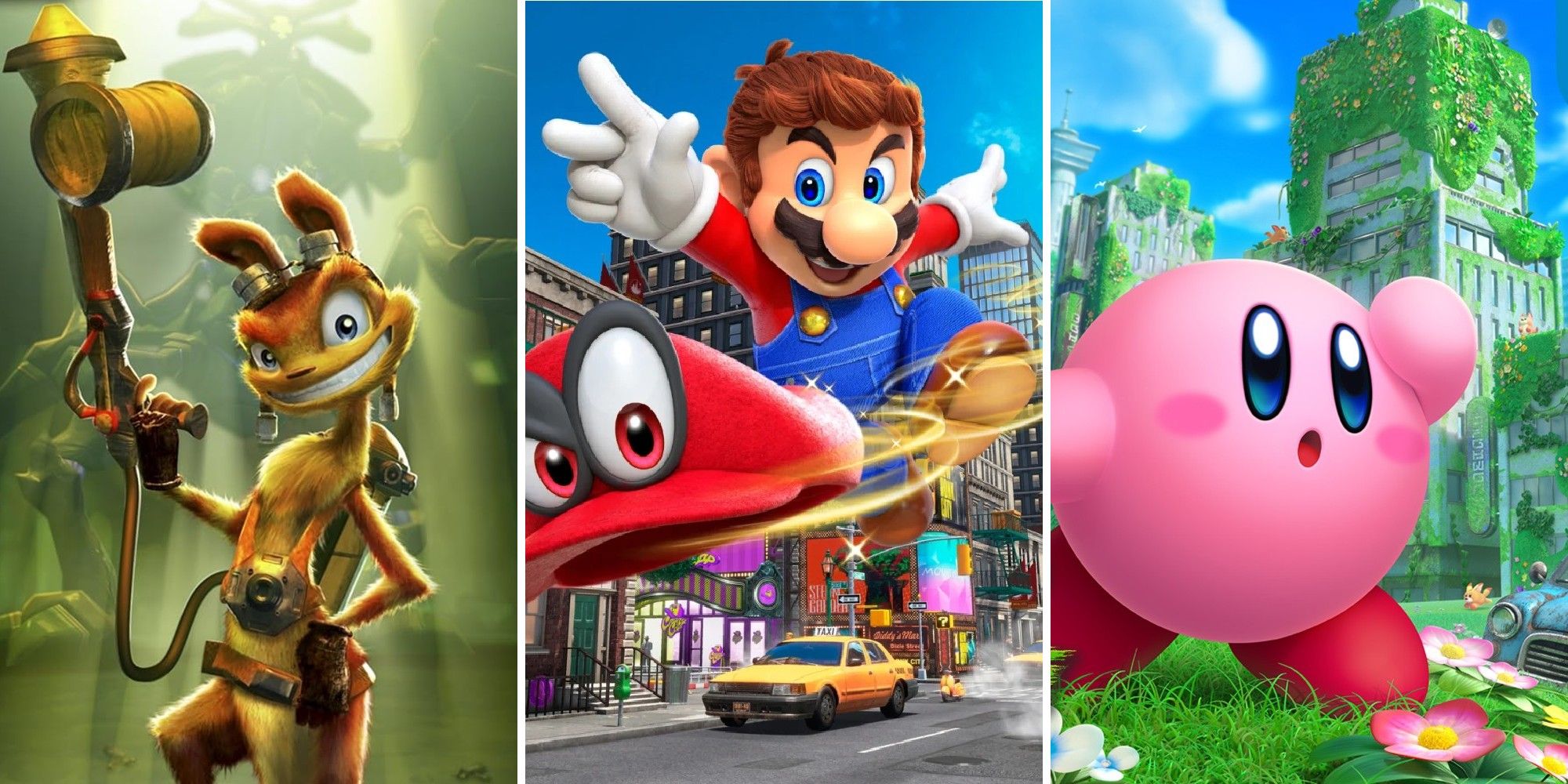
Related
Donkey Kong Land 3 borrows all the elements from the underrated Donkey Kong Country 3. However, Donkey Kong Land 3 is more like a remix than a port; it uses the same sprites, stage gimmicks, and bosses as Donkey Kong Country 3 but rearranges them and changes the attack patterns of the enemies, making it a well-polished and brand-new game.
2
1998 – Wario Land 2
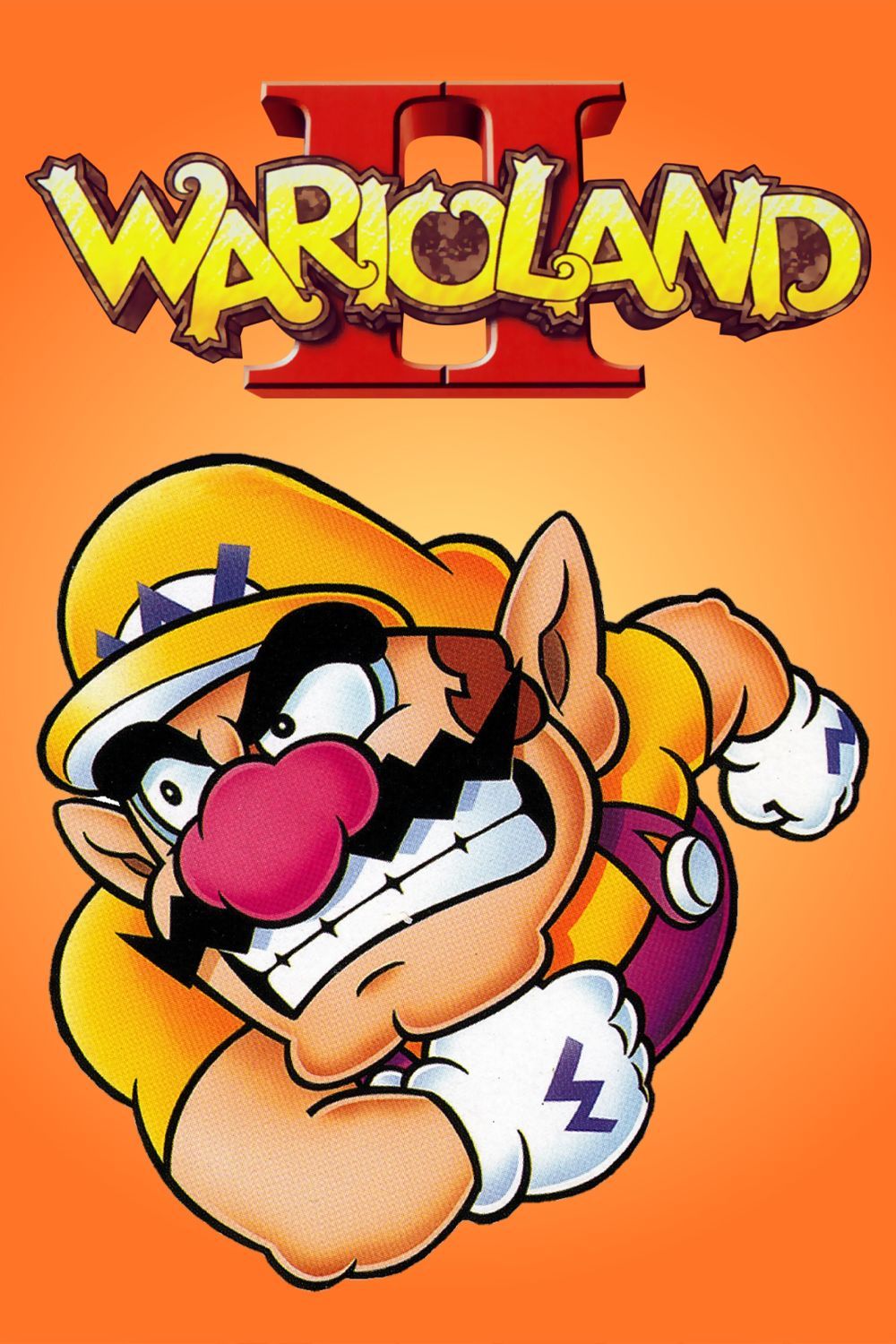
Wario Land 2
- Developer(s)
-
Nintendo R&D1
- How Long To Beat
-
5 Hours
The Game Boy’s successor, the Game Boy Color, launched onto the American market. Many Game Boy games would eventually get remade on the Game Boy Color, and the Game Boy Color had many exclusives that were not backward compatible with the Game Boy, effectively making it a different console. Pokémon was the biggest game commercially for the original Game Boy this year, but Wario Land 2 may have been the best designed game.
A spin-off of the Super Mario Land series, Wario Land 2 takes the series in a different direction with a heavier emphasis on puzzling and exploration. Wario Land 2 differs from many platformers by making Wario invincible, so you’re not distracted by trying to stay alive and can properly focus on the puzzle solving elements.
1
1999 – Pokemon Yellow
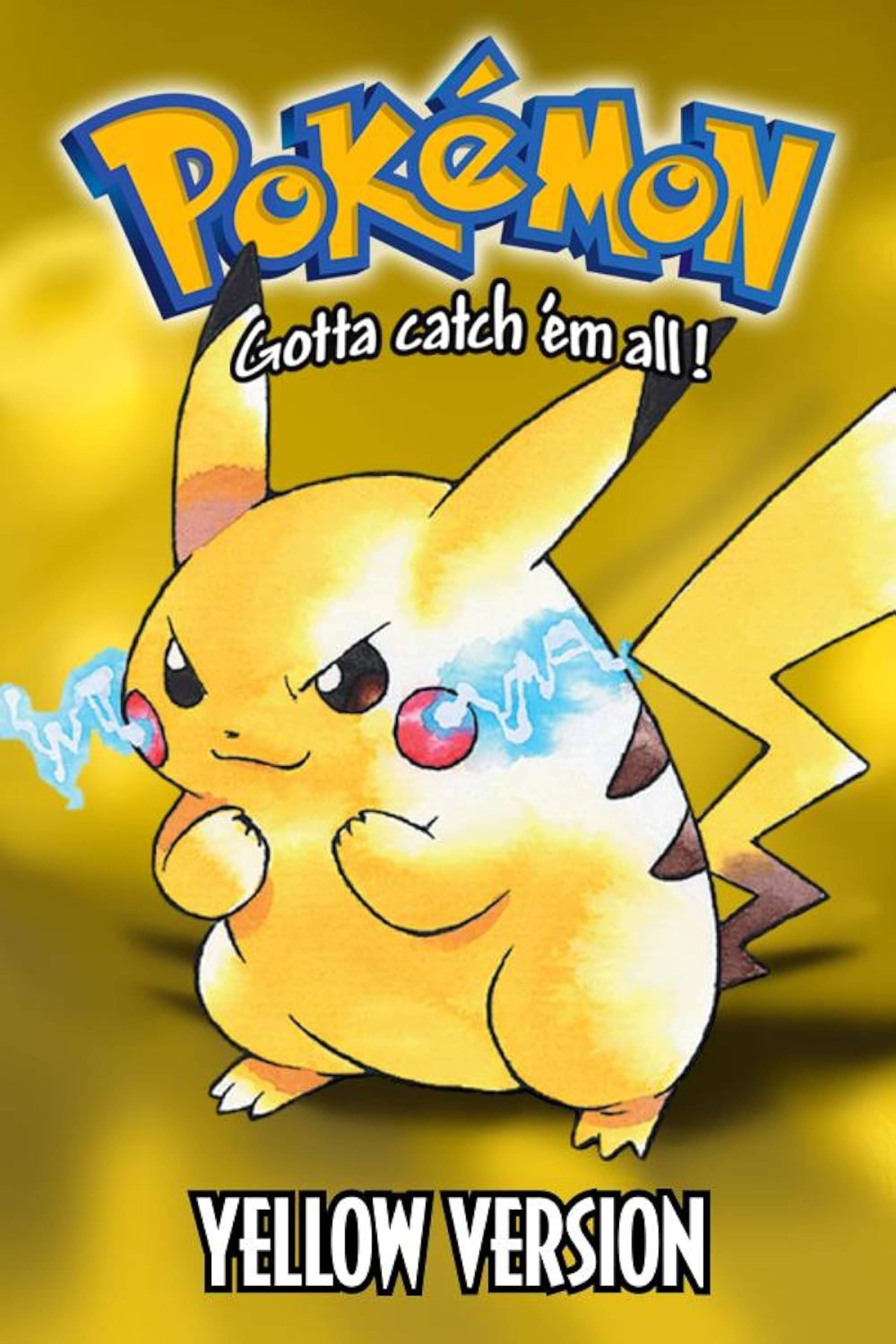
Pokemon Yellow
Only two games were launched for the original Game Boy in 1999: Beavis and Butthead, which is a forgettable game, and Pokemon Yellow, which may be the best Game Boy game of all time. By 1999, gamers would have enjoyed playing Pokemon Yellow on the Game Boy Color, but, none the less, Pokemon Yellow serves as a fitting swan song for the console.
Pokemon Yellow included all the dynamic RPG elements of Pokemon Red and Blue like collecting a large number of monsters and forging unique teams based on strategic elemental attacks. Pokemon Yellow had a narrative twist from the original Pokemon games in that aspects of the story were directly adapted from the first season of the Pokemon anime. Pikachu followed you just like it does Ash, the gym leaders used Pokemon more similar to the anime, and more characters had names based on the anime, like Ash, Gary, Jesse, and James.
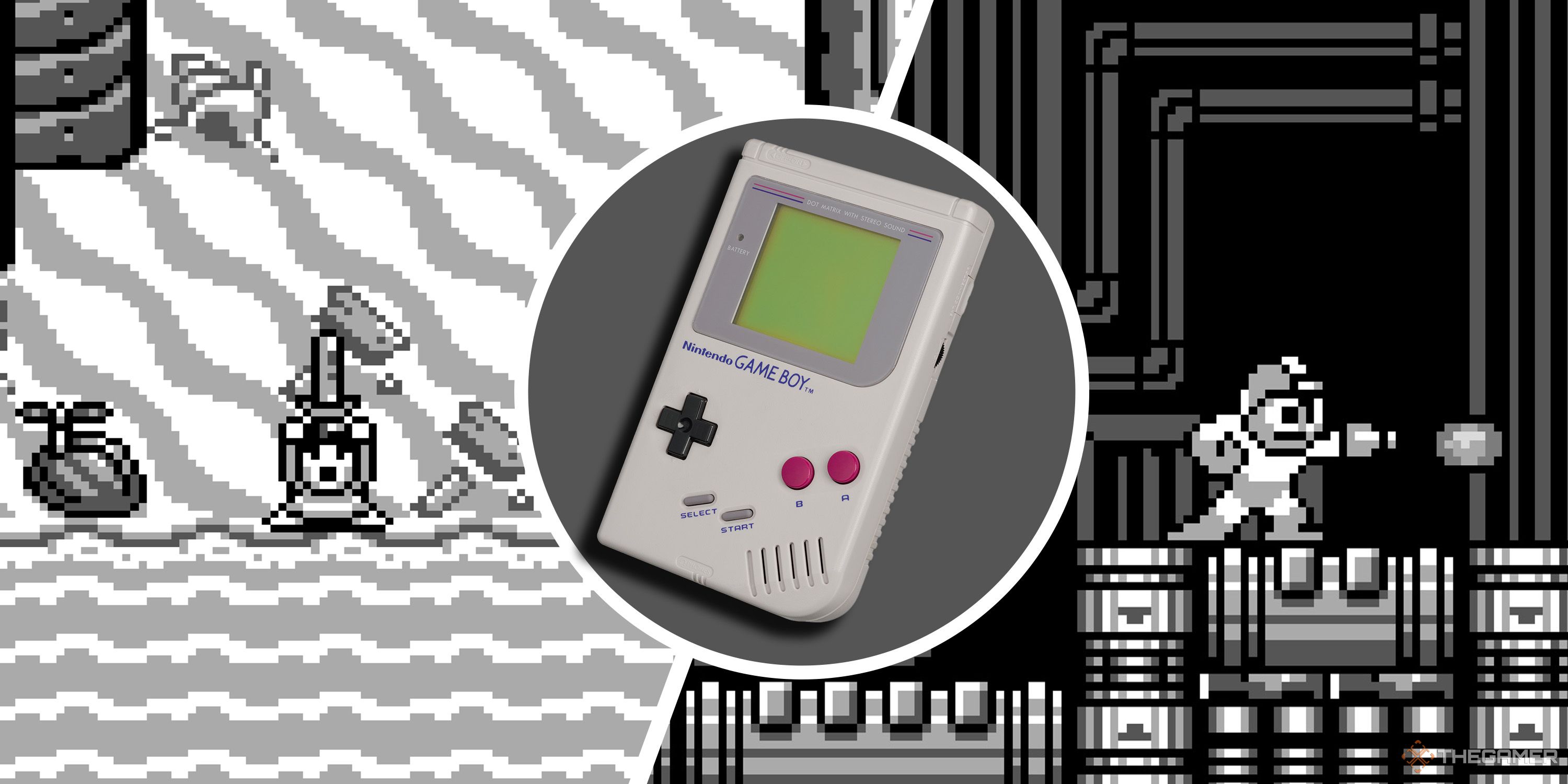
Next
10 Best Original Game Boy Games Of All Time
The original Game Boy lives on in our hearts. These are the best games in its library.
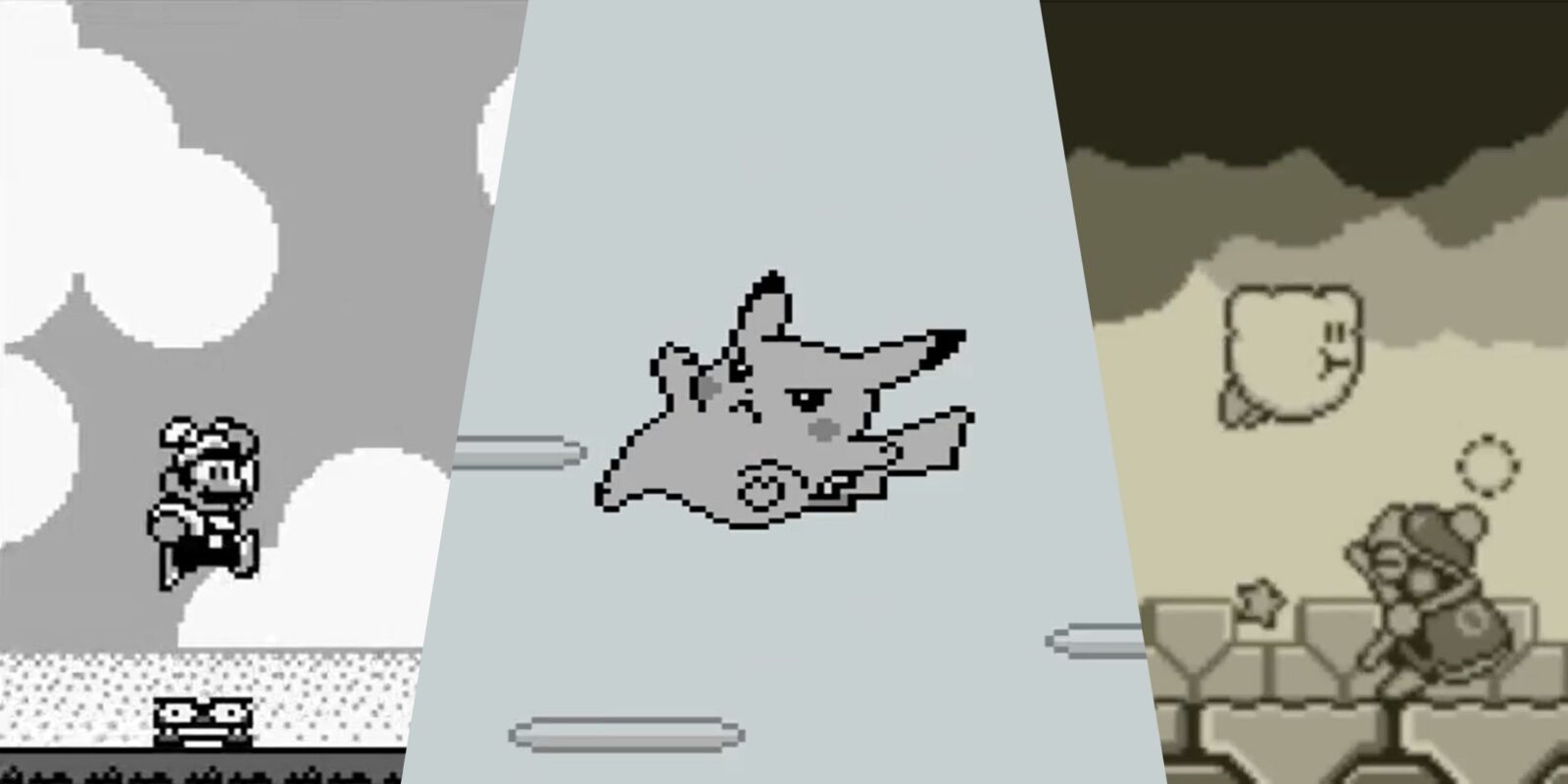

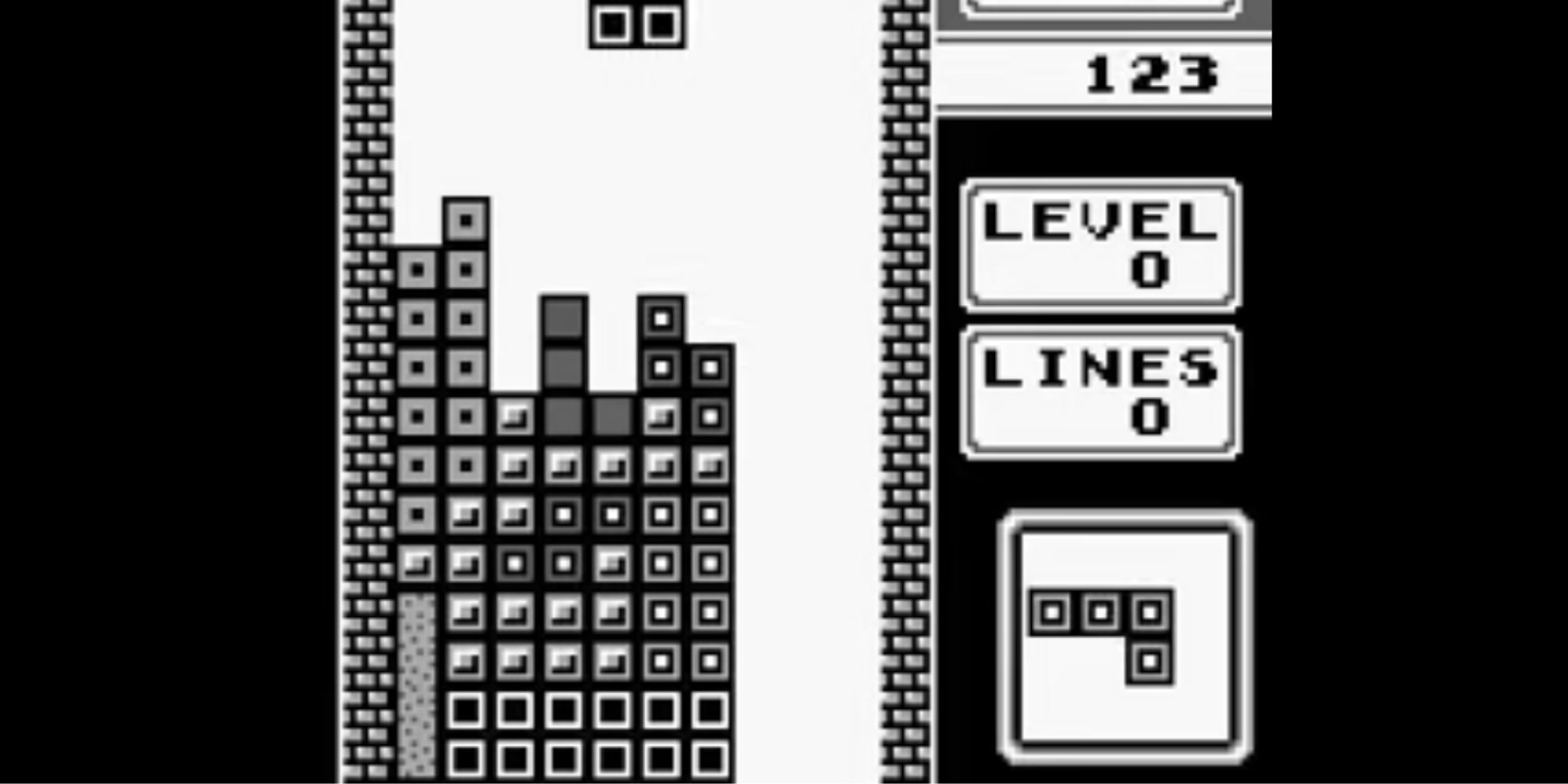
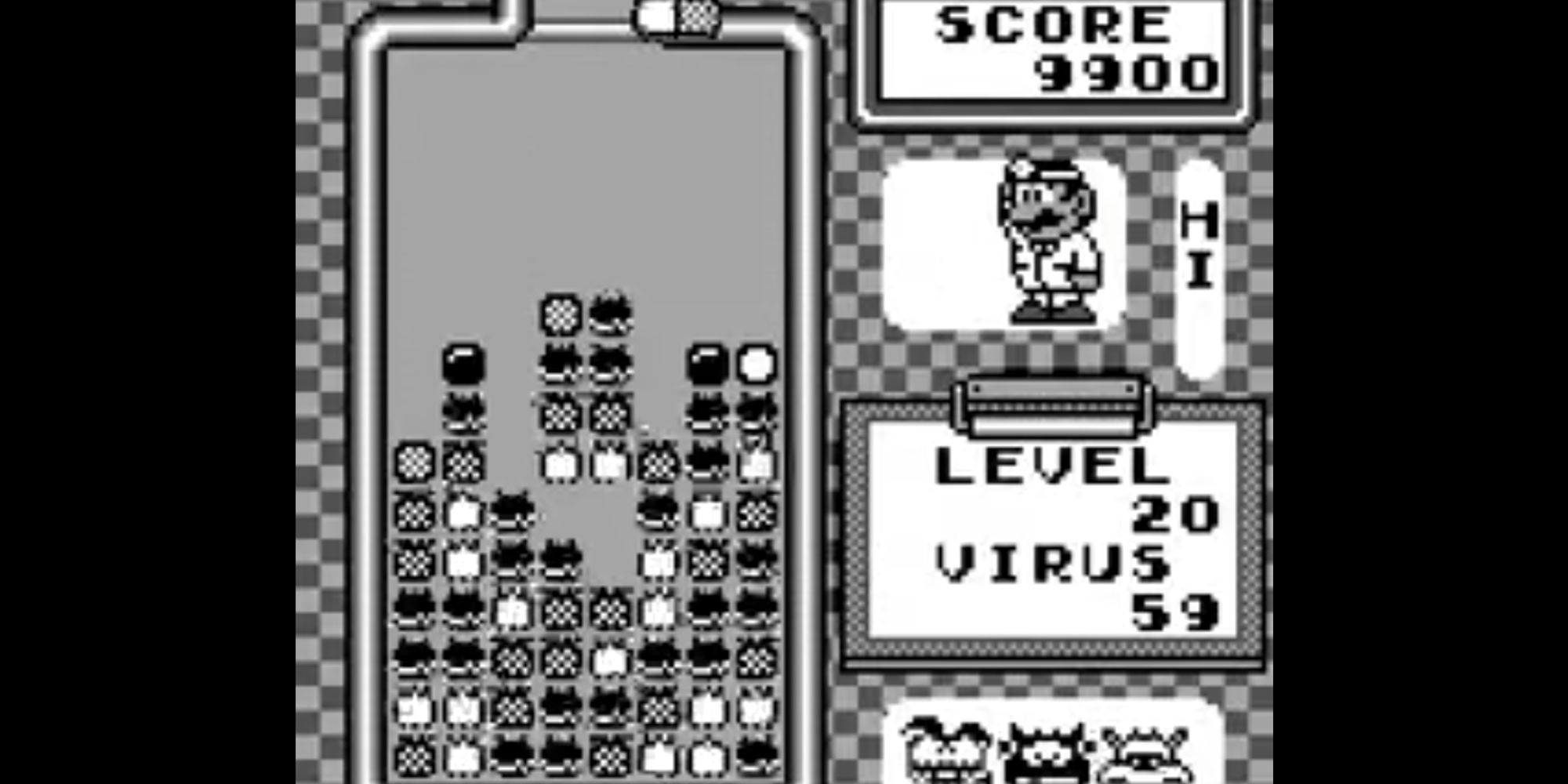
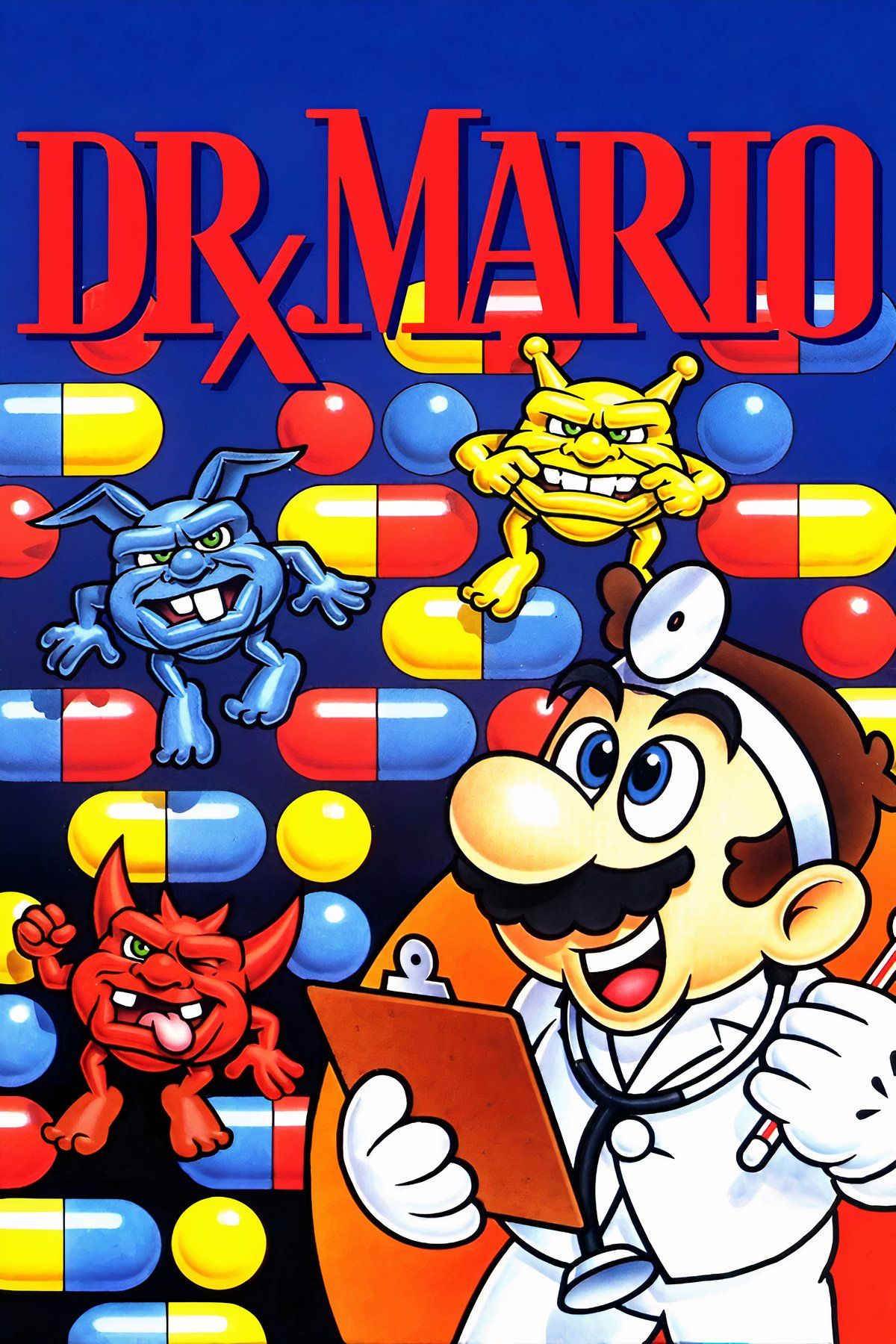
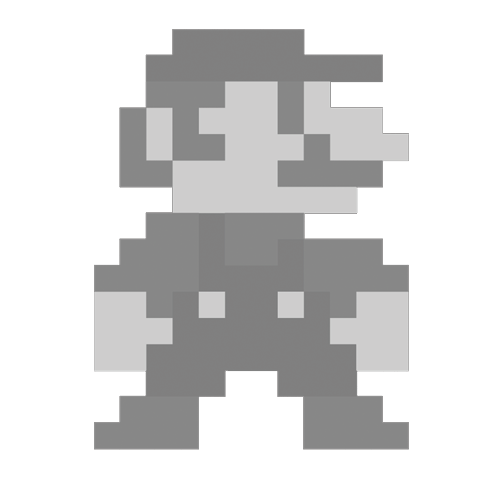
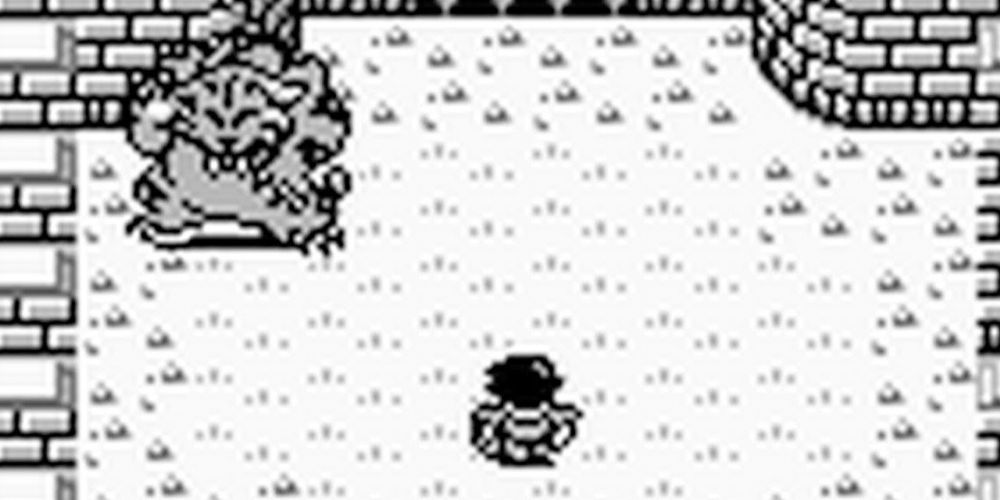
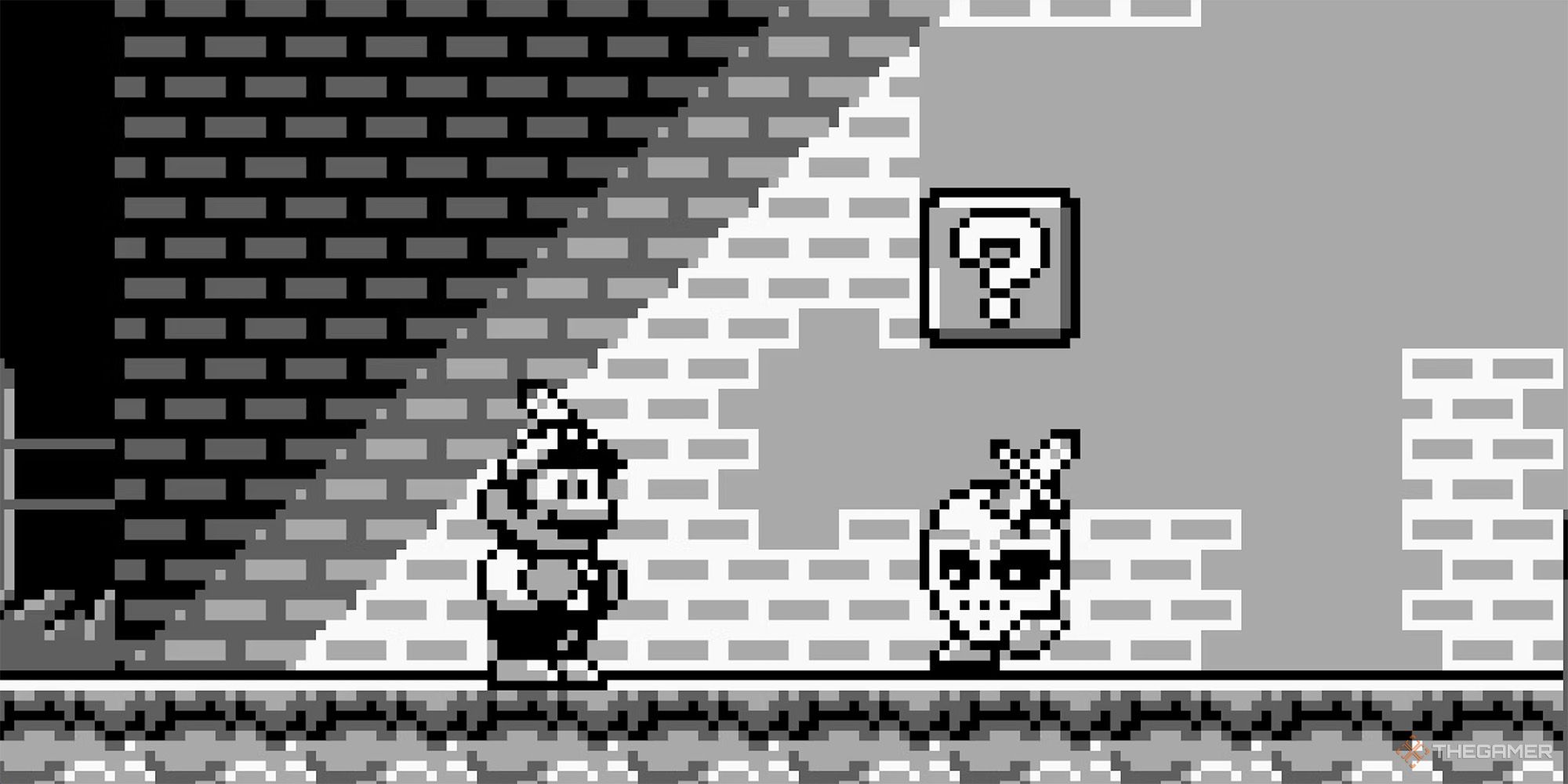
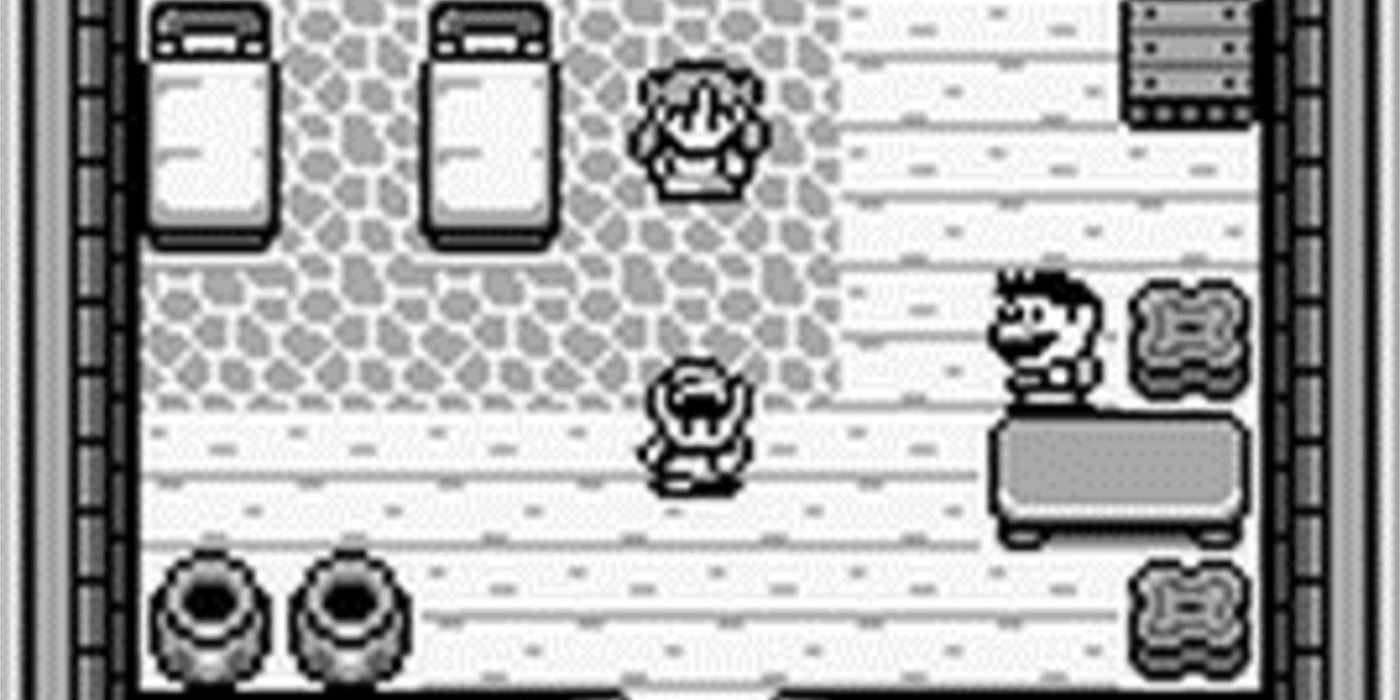
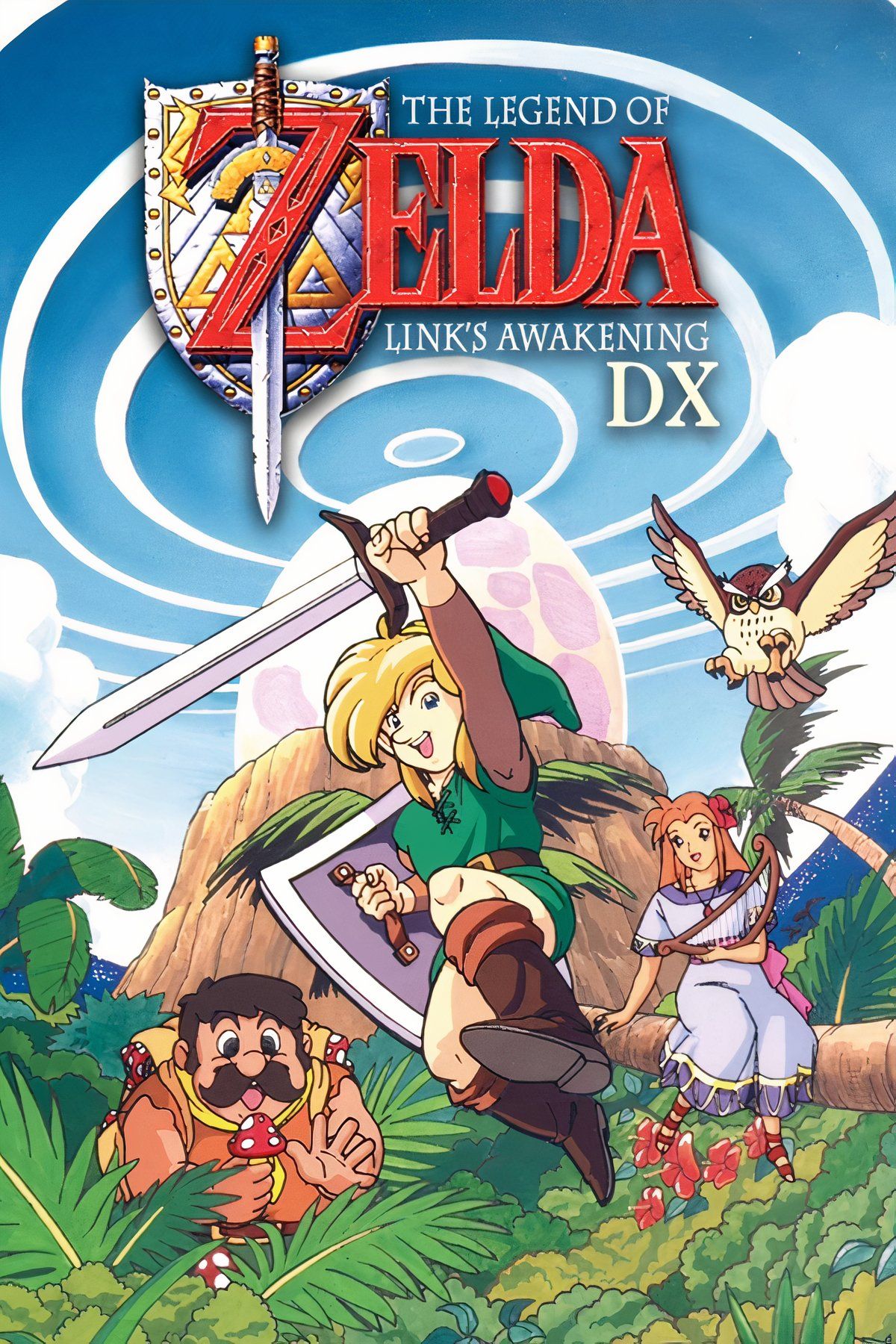
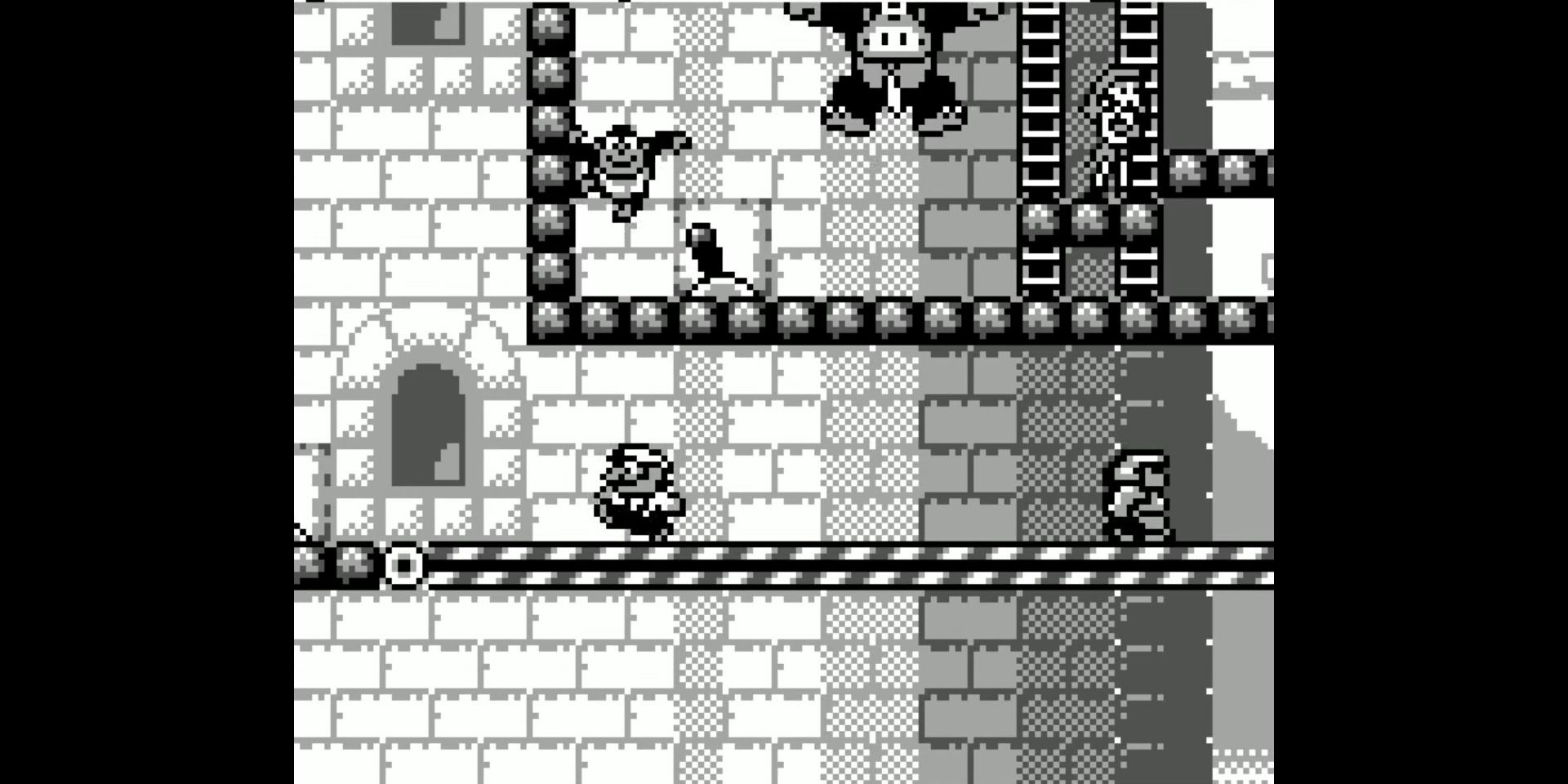
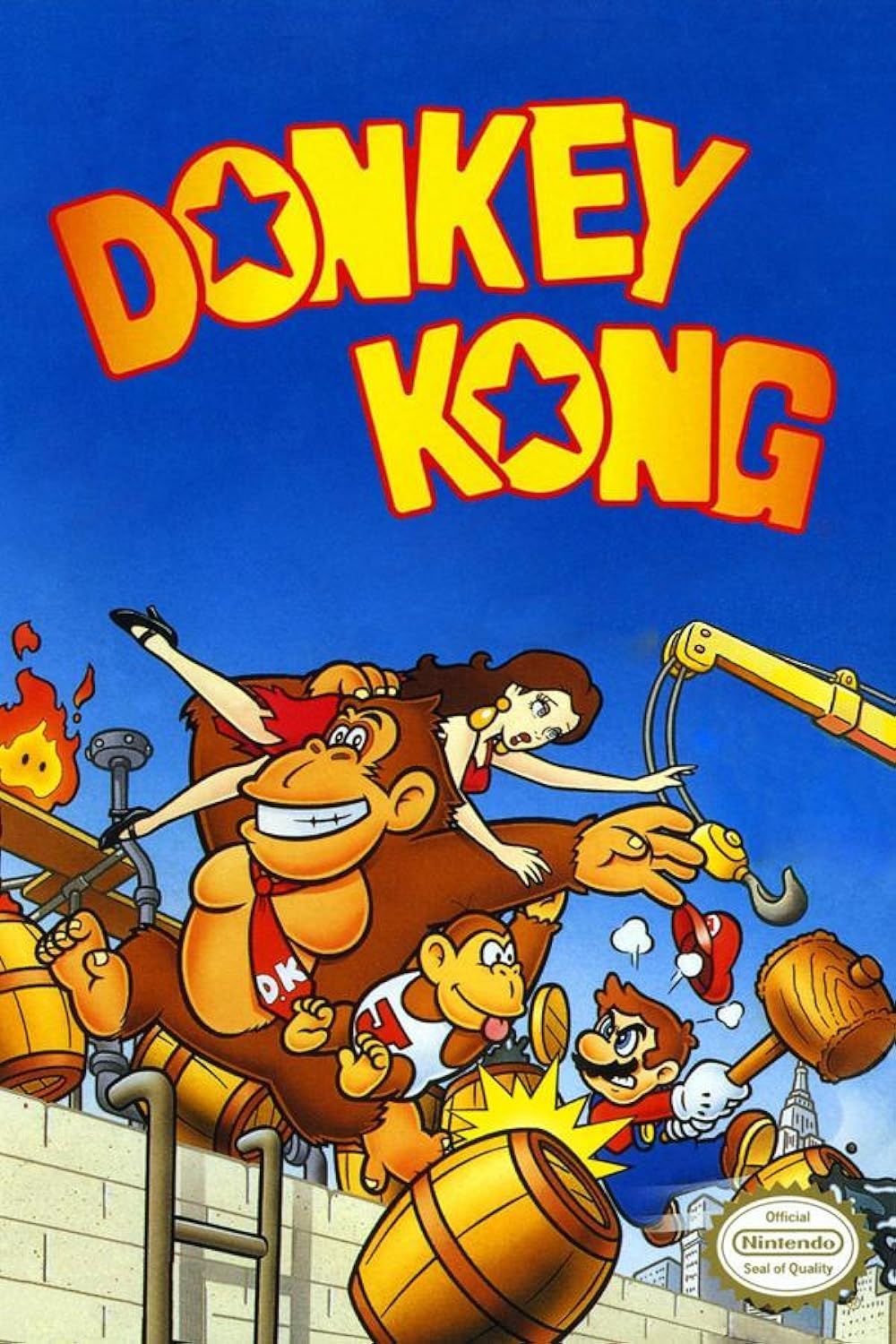
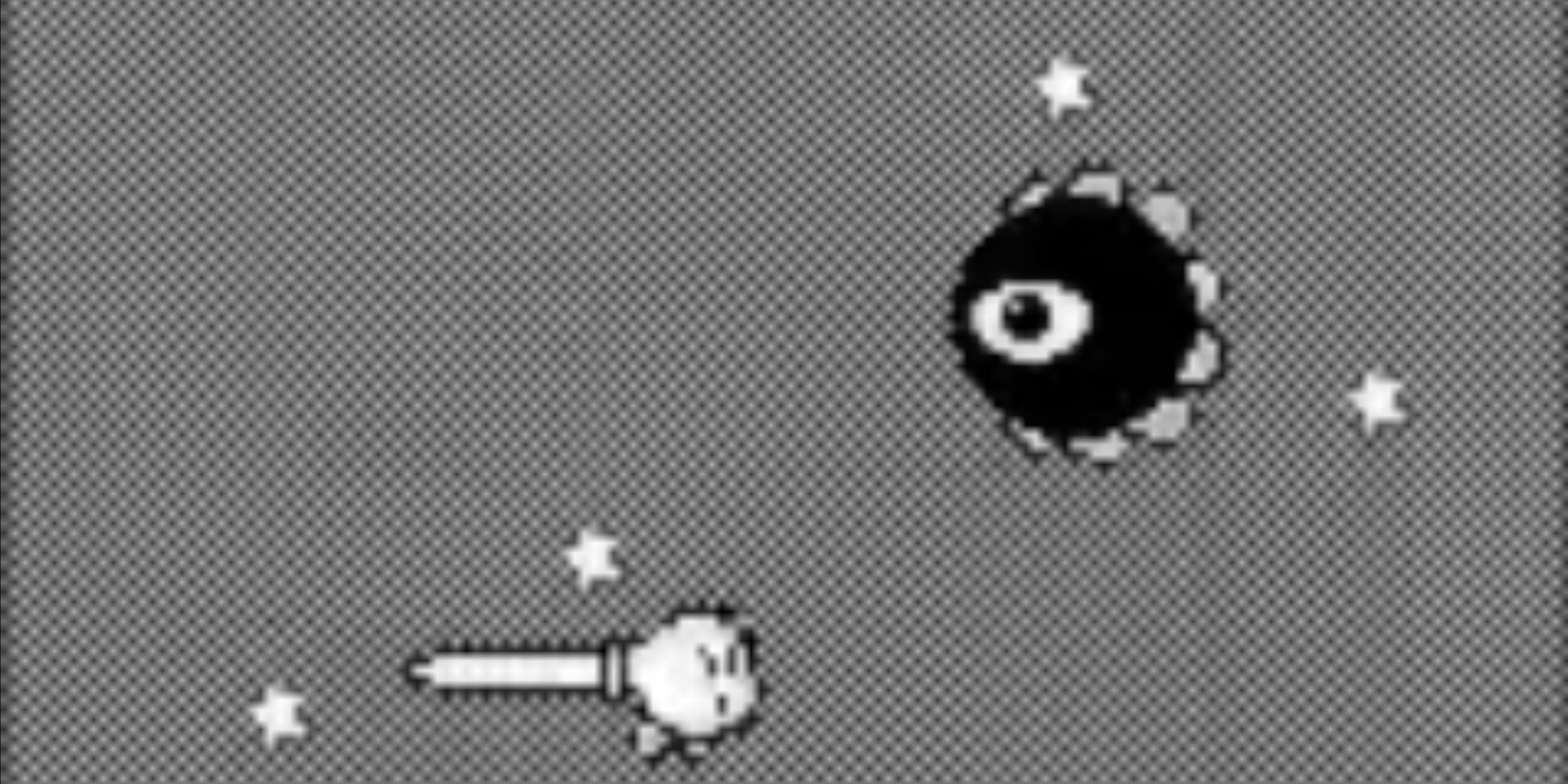
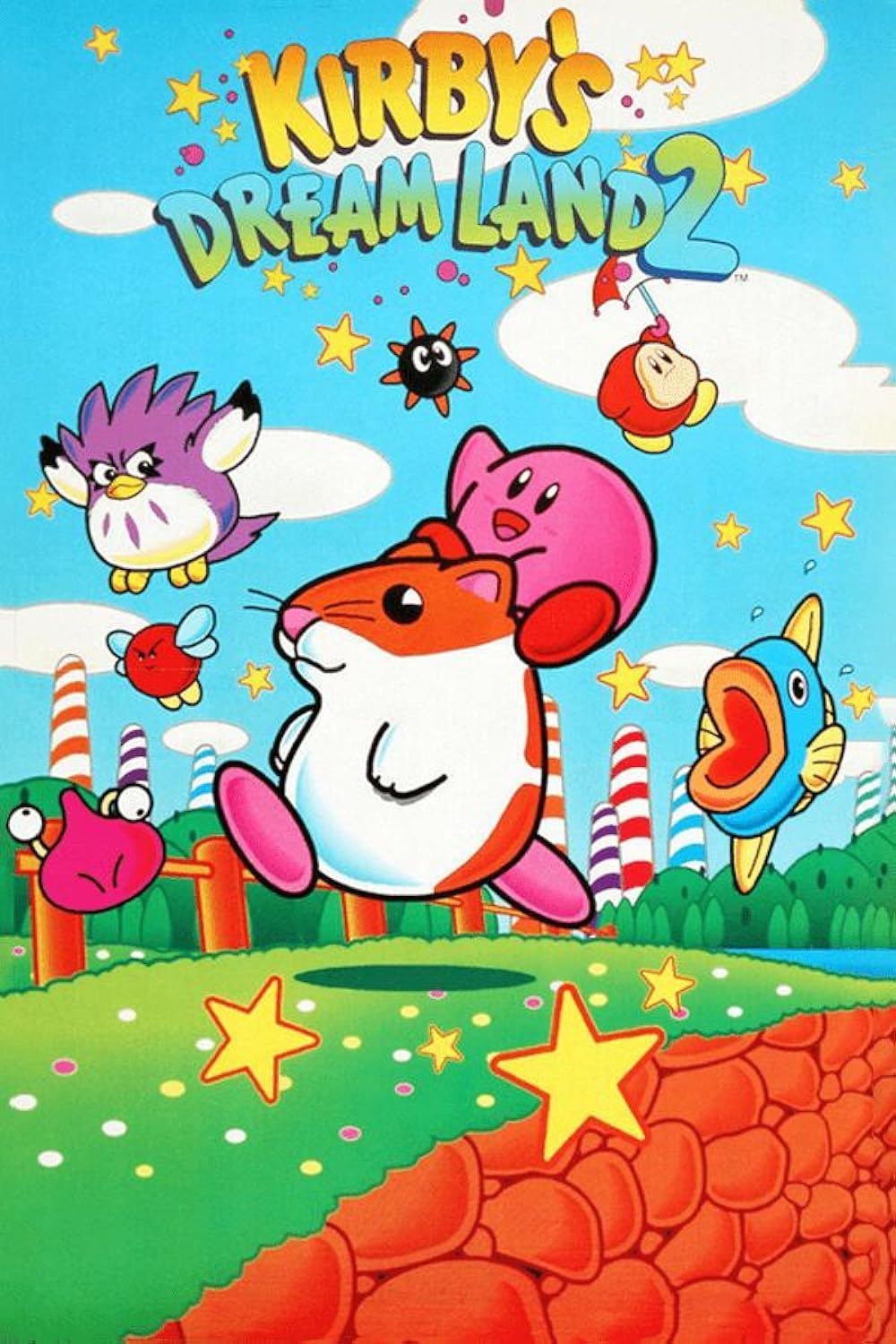
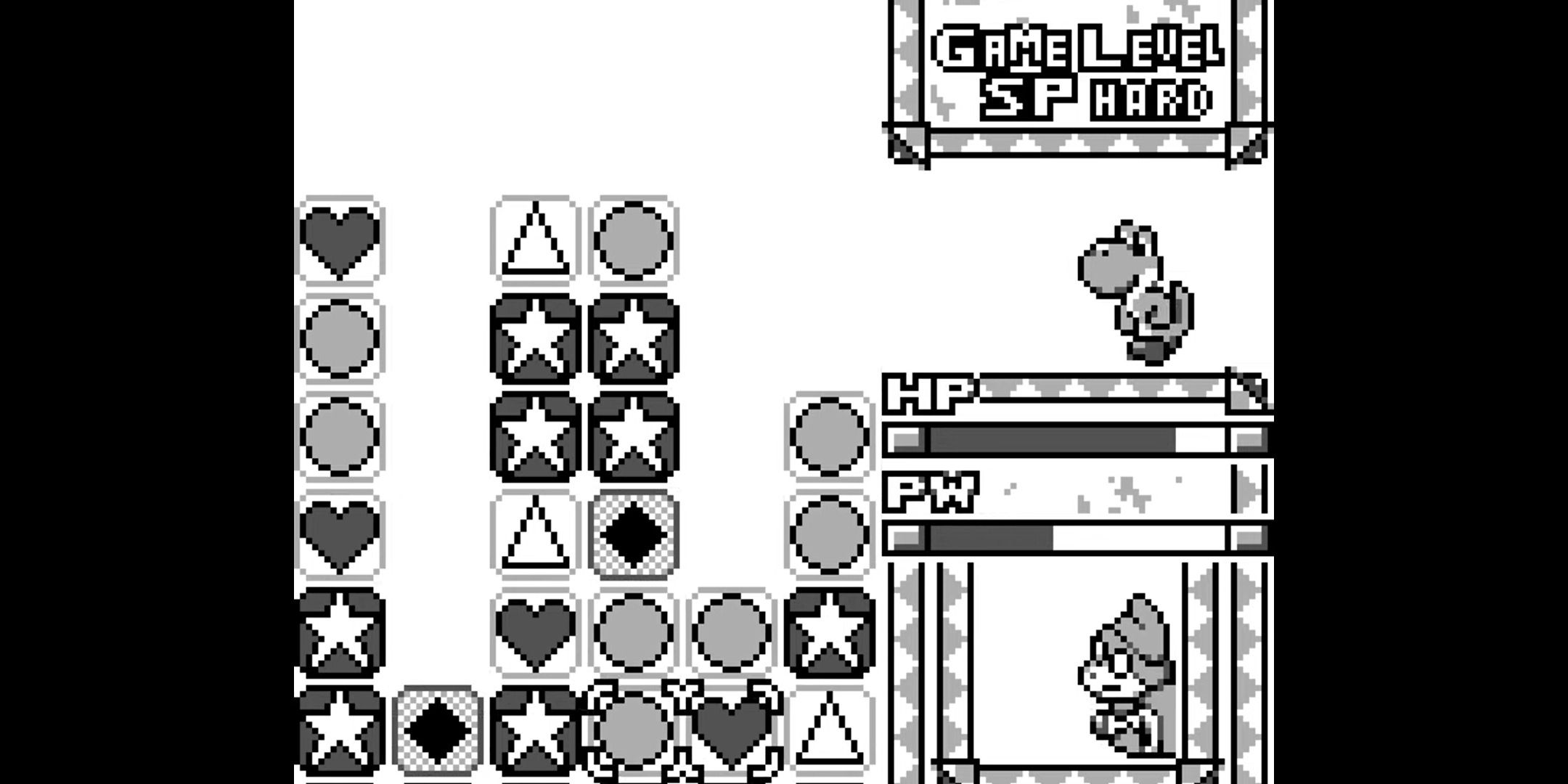
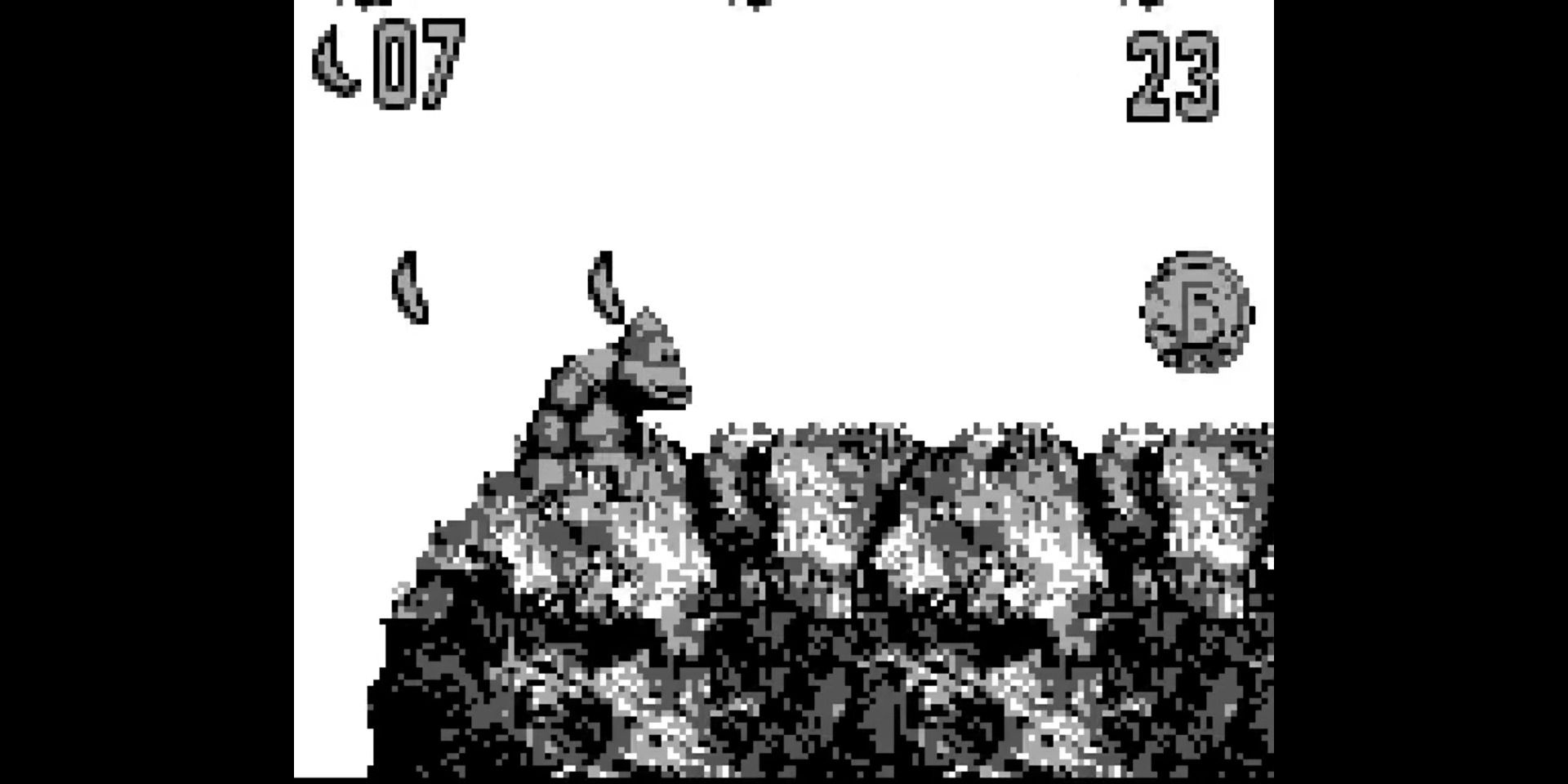
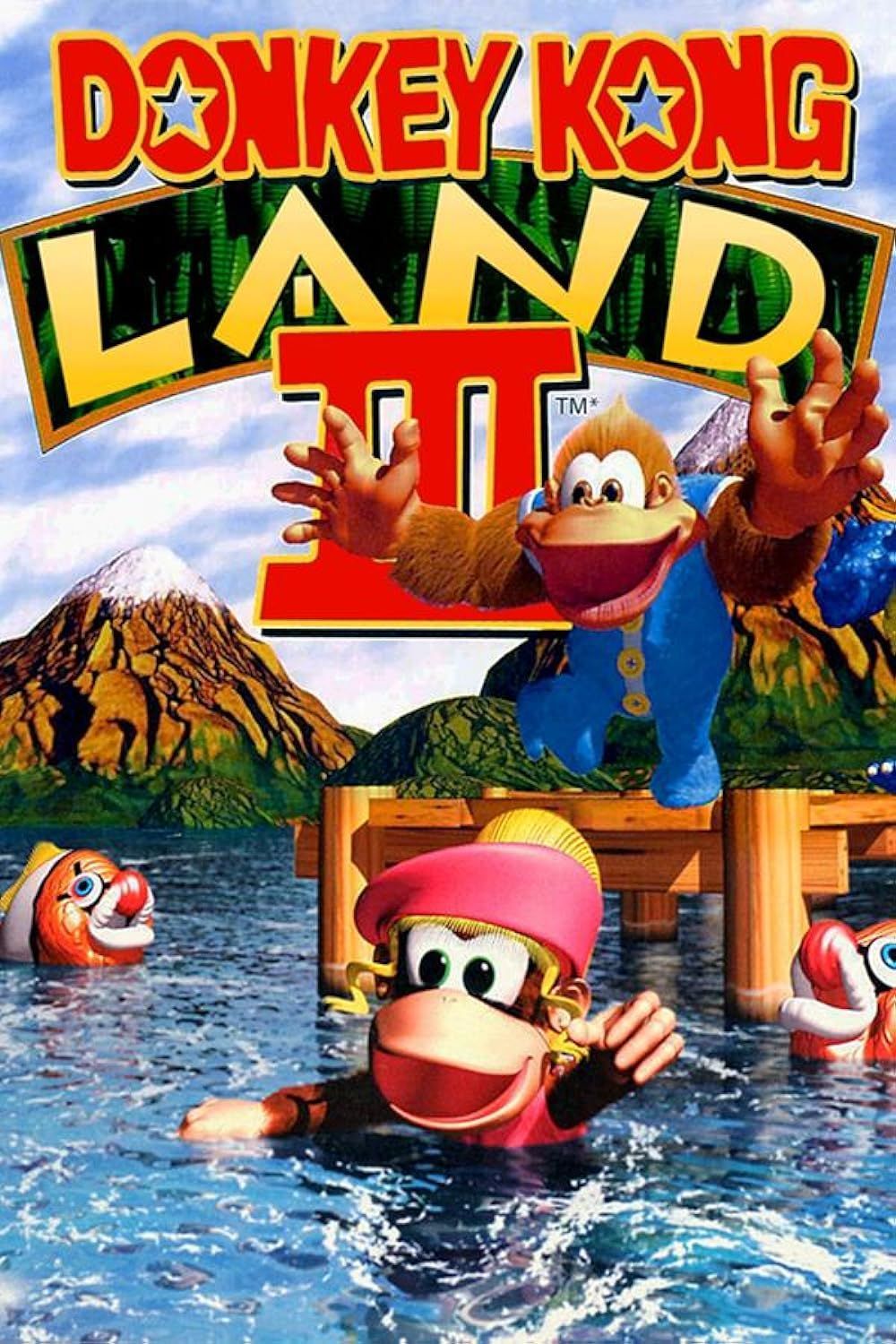
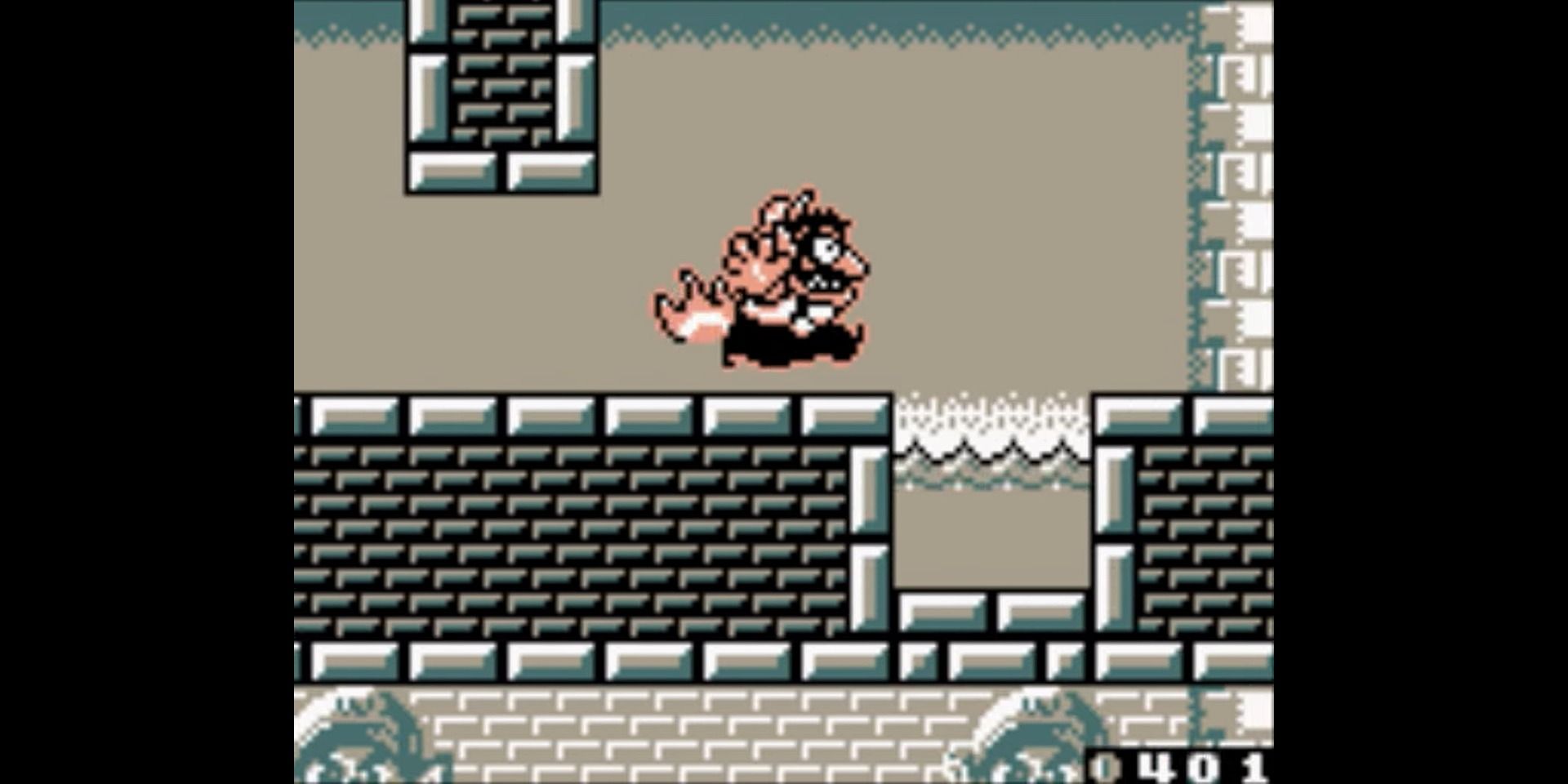
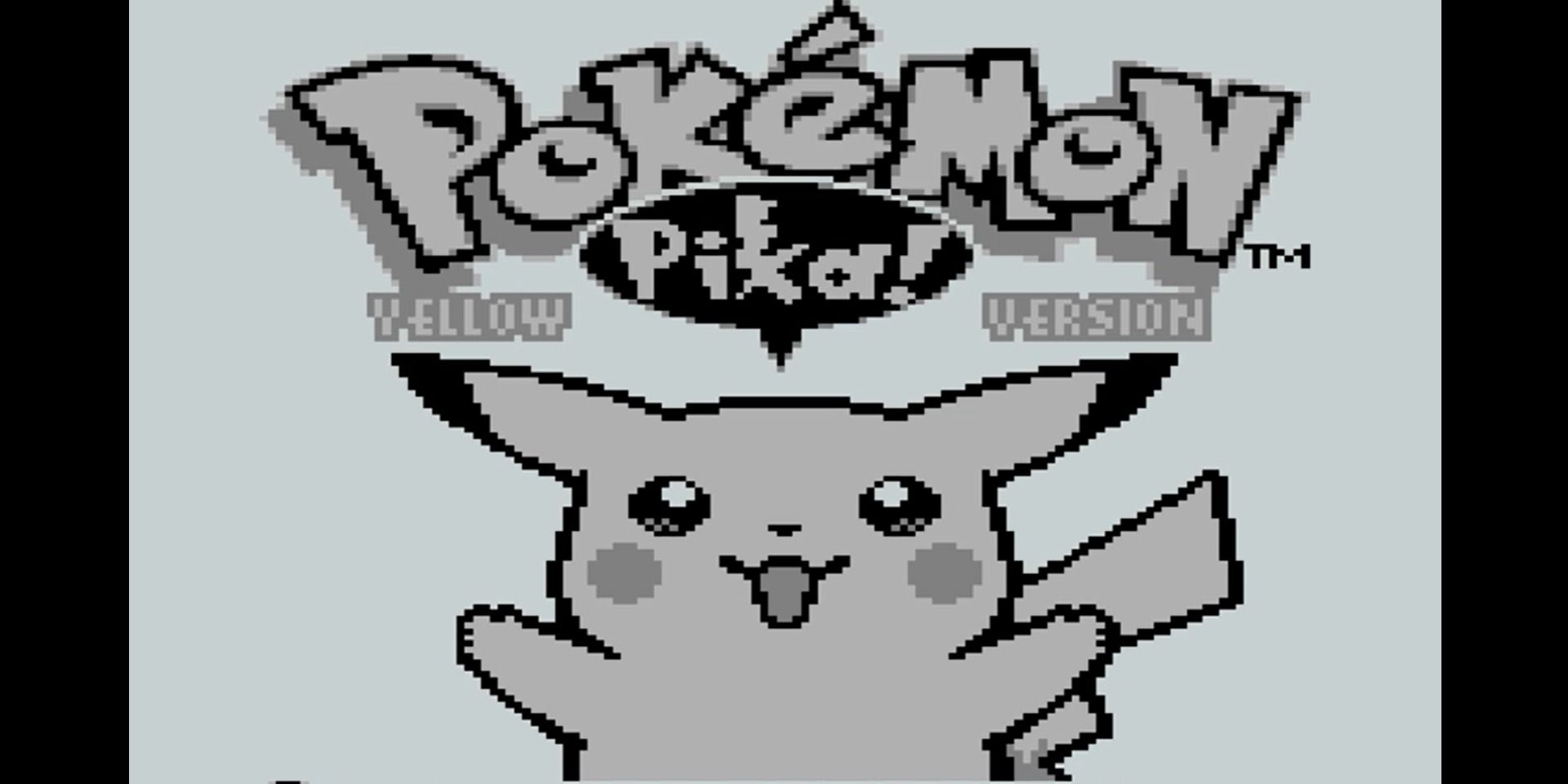
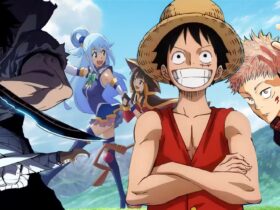
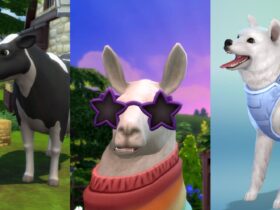
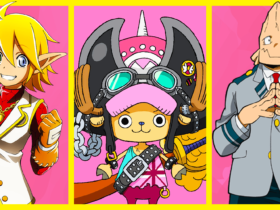
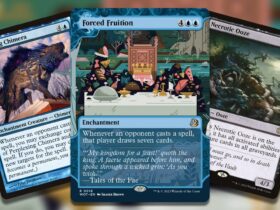
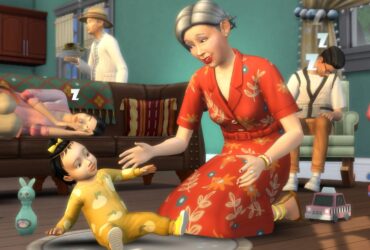

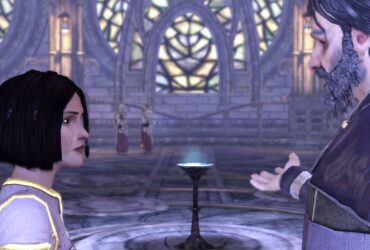
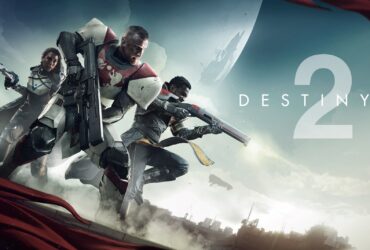
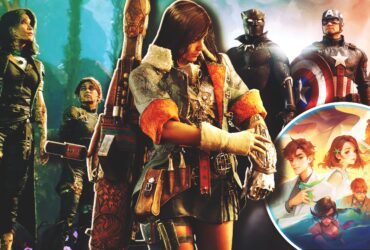
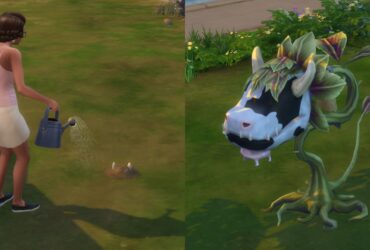
Leave a Reply